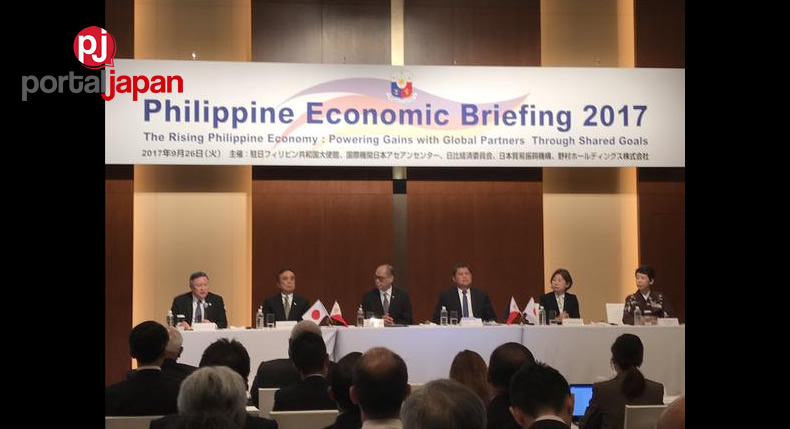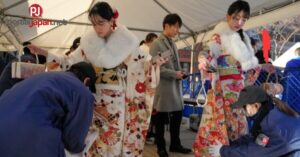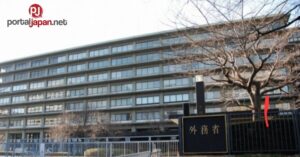The Philippine government has called on cash-rich Japanese companies to invest more in the country, with senior officials and the central bank governor making the case for the fast-growing economy at a seminar in Tokyo.
To attract that cash, Manila needs to instill some confidence in investors. That was the main aim of the event hosted by the country’s Tokyo embassy on Sept. 26, titled “The Rising Philippine Economy: Powering Gains with Global Partners through Shared Goals.”
First of all, the delegation sought to allay fears over a weakening peso.

Bangko Sentral ng Pilipinas Gov. Nestor Espenilla Jr. described the currency, which had reached an 11-year low against the dollar in mid-August, as being “in line with economic fundamentals.”
But rather than being vulnerable to external shocks as it was during the Asian Financial Crisis, the country now has investment grade ratings with lower debt outstanding, he said.
The main sources of weakness for the peso come from rate hikes by the U.S. Federal Reserve and the current account deficit. Espenilla explained that “this current account deficit is a good deficit because it is being driven by investment,” and it is “manageable.”
A lower peso could even strengthen the economy, he explained in an interview. “Peso depreciation is pushing export and foreign investment higher.”
Secretary of Finance Carlos Dominguez agreed. “People say the peso is underperforming. But when it is supporting the economy, it is actually performing,” he said in a panel discussion.
The Philippines has been a major beneficiary of official development assistance from Japan. Prime Minister Abe offered a 1 trillion yen aid package while on a state visit to Manila in January. But to make the program a genuine success, the country needs a lot more investment from private companies overseas.
Source and image: Nikkei
















Join the Conversation